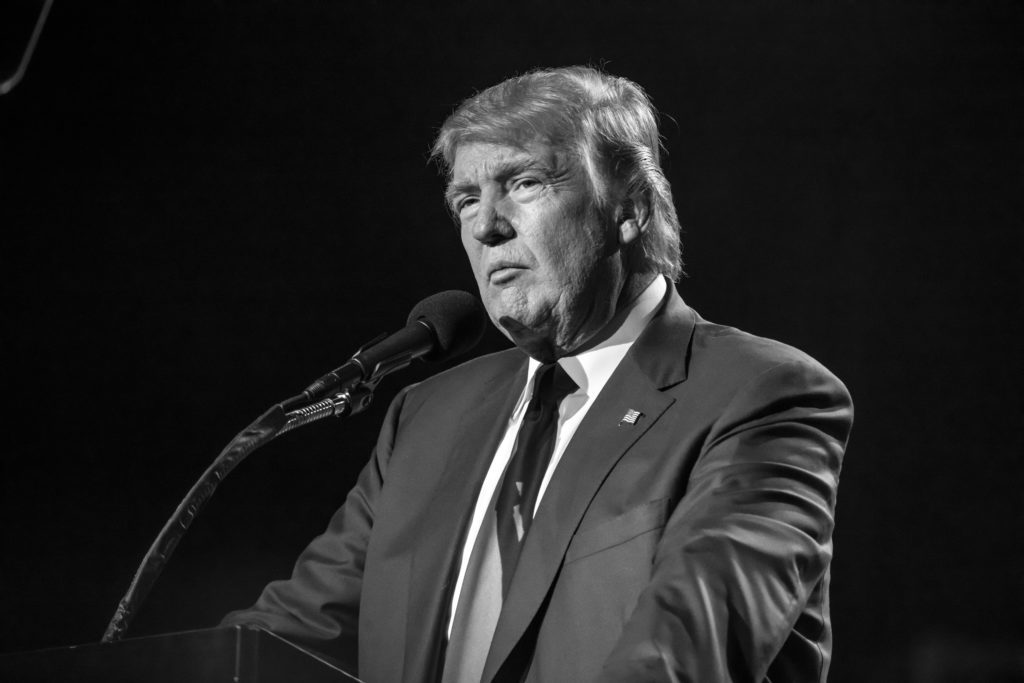Is this another Trump quid pro quo?

As House Democrats are moving forward with their investigation into the Ukraine scandal, news has surfaced that Donald Trump’s White House has put a hold on congressionally approved military aid to yet another country – Lebanon. The freezing of U.S. funding earmarked to go to the Lebanese Armed Forces is happening at a time of great instability in Lebanon as Prime Minister Saad Hariri has resigned on October 29 in response to large-scale street protests and the country’s future is hanging in the balance.
Supporting the Lebanese military has been official U.S. foreign policy since around 2002, based on the argument that the multisectarian army has proven to be a stabilizing factor in a society riddled with sectarian strife and an important bulwark against the Iran-backed Hezbollah which would otherwise emerge as the strongest and most effective military force in the region. Then, Donald Trump came along and – without providing an explanation – put an indefinite hold on an aid package that had been greenlighted by Congress, the State Department and the Pentagon in September of this year. According to the New York Times, congressional aides only learned of the halt in recent days and the report contains this astonishing sentence: “It is unclear if anyone has told the Lebanese government of the freeze.”
Also according to the NY Times, analysts warn that “a freeze on the assistance could give Iran and Russia an opening to exert greater influence over the Lebanese military, [ … ], and perhaps even allow the Islamic State and Al Qaeda to gain greater footholds in the country.” So, what may have prompted Trump to deviate from what was established, bipartisan U.S. foreign policy up to this point?
It is no secret that Donald Trump has generally been skeptical about the U.S. giving any kind of financial aid to foreign countries – especially when he can’t seem to reap any benefit from giving away the money – and that he would much rather see other nations pay the U.S. – or perhaps him, personally. Given this background, it may not have taken much for a request from Benjamin Netanyahu to fall on open ears. Both the Wall Street Journal and Axios have reported that the Israeli foreign ministry recently instructed its ambassadors to ask allies to make their aid to Lebanon dependent on the Lebanese government taking decisive action to take down Hezbollah’s covert precision missile factories.
This may be yet another instance of the current U.S. president listening to a foreign leader rather than to his own experts and agencies and rushing to grant requests made from outside, without pausing to check thoroughly and conscientiously how the granting of those requests may impact American interests in the long run. Before this, we have seen Donald Trump bow to the judgment of Vladimir Putin in Helsinki and we have recently watched him give Turkish President Erdogan carte blanche to invade northern Syria.
Meanwhile, traditional allies of the United States are looking on, bemused and bewildered, as they are confronted with requests made by Donald Trump’s henchmen who are trying to enlist them to help with the counter-impeachment probe they have mounted. According to The Independent, a British intelligence official familiar with the information wish list presented by U.S. Attorney General Bill Barr commented that “it is like nothing we have come across before, they are basically asking, in quite robust terms, for help in doing a hatchet job on their own intelligence services.”

